Author Archives: Yo'av Moshe
Author Archives: Yo'av Moshe

Managing consent online can be challenging. After you’ve figured out the necessary regulations, you usually need to configure some Consent Management Platform (CMP) to load all third-party tools and scripts on your website in a way that respects these demands. Cloudflare Zaraz manages the loading of all of these third-party tools, so it was only natural that in April 2023 we announced the Cloudflare Zaraz CMP: the simplest way to manage consent in a way that seamlessly integrates with your third-party tools manager.
As more and more third-party tool vendors are required to handle consent properly, our CMP has evolved to integrate with these new technologies and standardization efforts. Today, we’re happy to announce that the Cloudflare Zaraz CMP is now compatible with the Interactive Advertising Bureau Transparency and Consent Framework (IAB TCF) requirements, and fully supports Google’s Consent Mode v2 signals. Separately, we’ve taken efforts to improve the way Cloudflare Zaraz handles traffic coming from online bots.
Earlier this year, Google announced that websites that would like to use AdSense and other advertising solutions in the European Economic Area (EEA), the UK, and Switzerland, will be required to use a CMP that is approved by Continue reading
In July, 2023, we announced that Zaraz was transitioning out of beta and becoming available to all Cloudflare users. Zaraz helps users manage and optimize the ever-growing number of third-party tools on their websites — analytics, marketing pixels, chatbots, and more — without compromising on speed, privacy, or security. Soon after the announcement went online, we received feedback from users who were concerned about the new pricing system. We discovered that in some scenarios the proposed pricing could cause high charges, which was not the intention, and so we promised to look into it. Since then, we have iterated over different pricing options, talked with customers of different sizes, and finally reached a new pricing system that we believe is affordable, predictable, and simple. The new pricing for Zaraz will take effect on April 15, 2024, and is described below.
One of the biggest changes we made was changing the metric we used for pricing Zaraz. One Zaraz Event is an event you’re sending to Zaraz, whether that’s a pageview, a zaraz.track event, or similar. You can easily see the total number of Zaraz Events you’re currently using under the Monitoring section in the Cloudflare Zaraz Continue reading
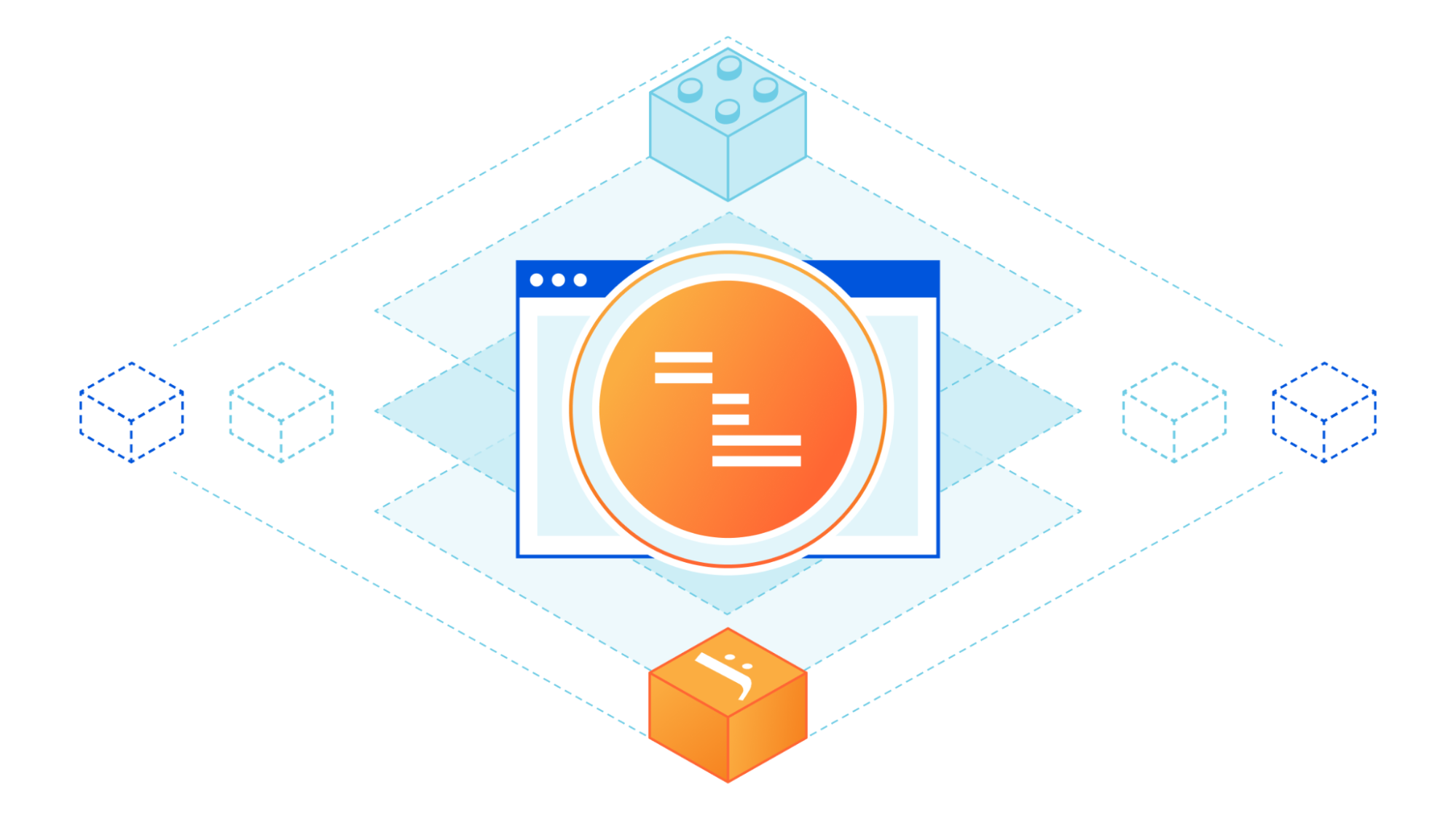
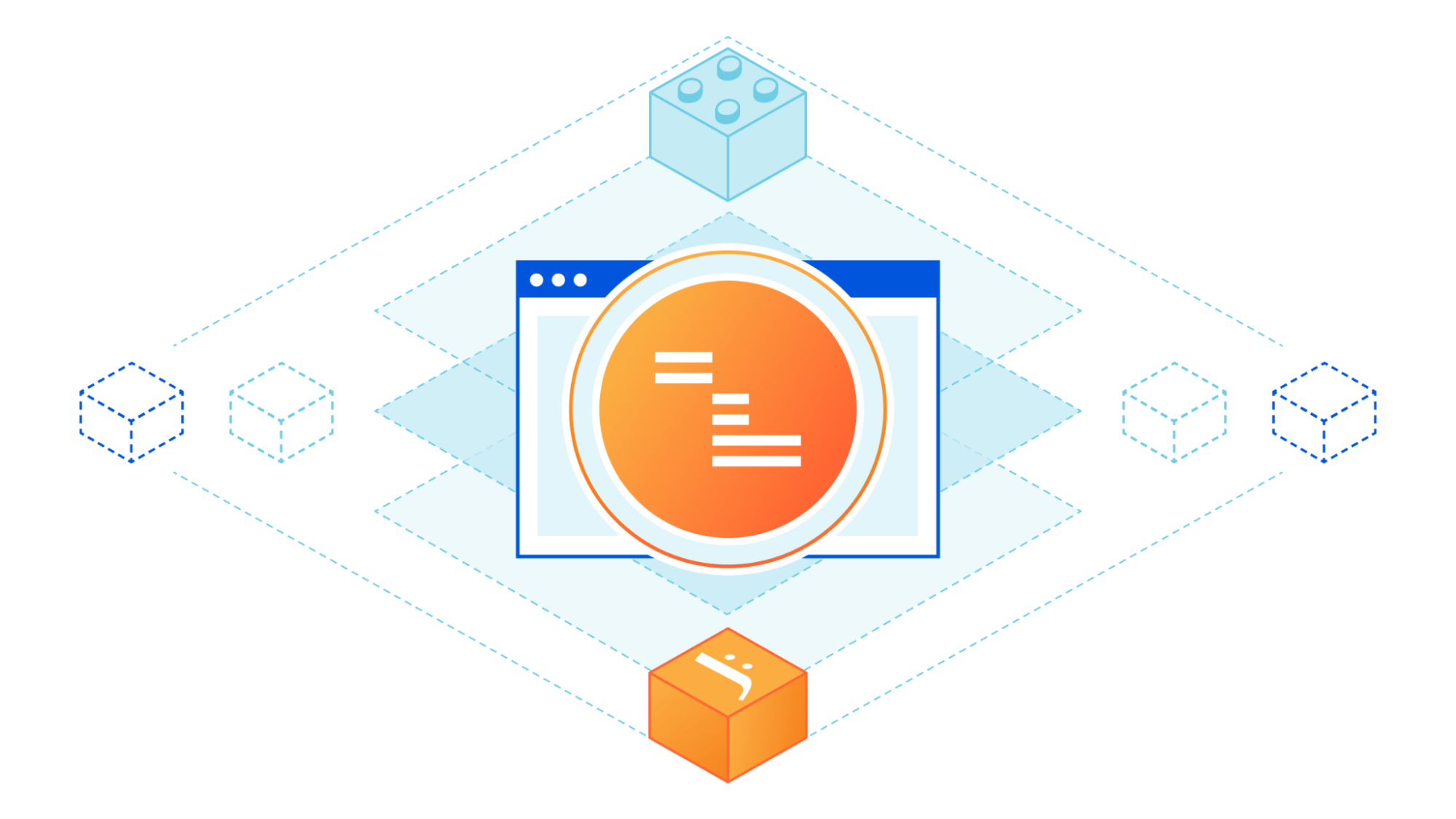
Cloudflare users leverage Zaraz for loading their third-party JavaScript tools. Tools like analytics, conversion pixels, widgets and alike, load faster and safer when loaded through Zaraz.
When configuring a tool in Zaraz, users can specify the payload to be included when sending information to it. This allows for the transmission of more detailed data. For example, when sending the "Button Clicked" event to Google Analytics, users can include additional information such as the ID of the button element and the content of the user_id cookie at the time of the button press. In Zaraz, users have the flexibility to add as many fields as desired when configuring the action.
Typically, information reaches Zaraz through the execution of zaraz.track("event name", { properties }) within the website's code. The properties object can contain relevant details that will be sent to third-party tools, such as the button ID in the previous example. However, there are cases where users may need to process and manipulate the information before sending it to their third-party tools.
To address this requirement, we recently introduced Worker Variables, which enables users to send information to a Cloudflare Worker, perform manipulations on it, and return a modified value. Continue reading
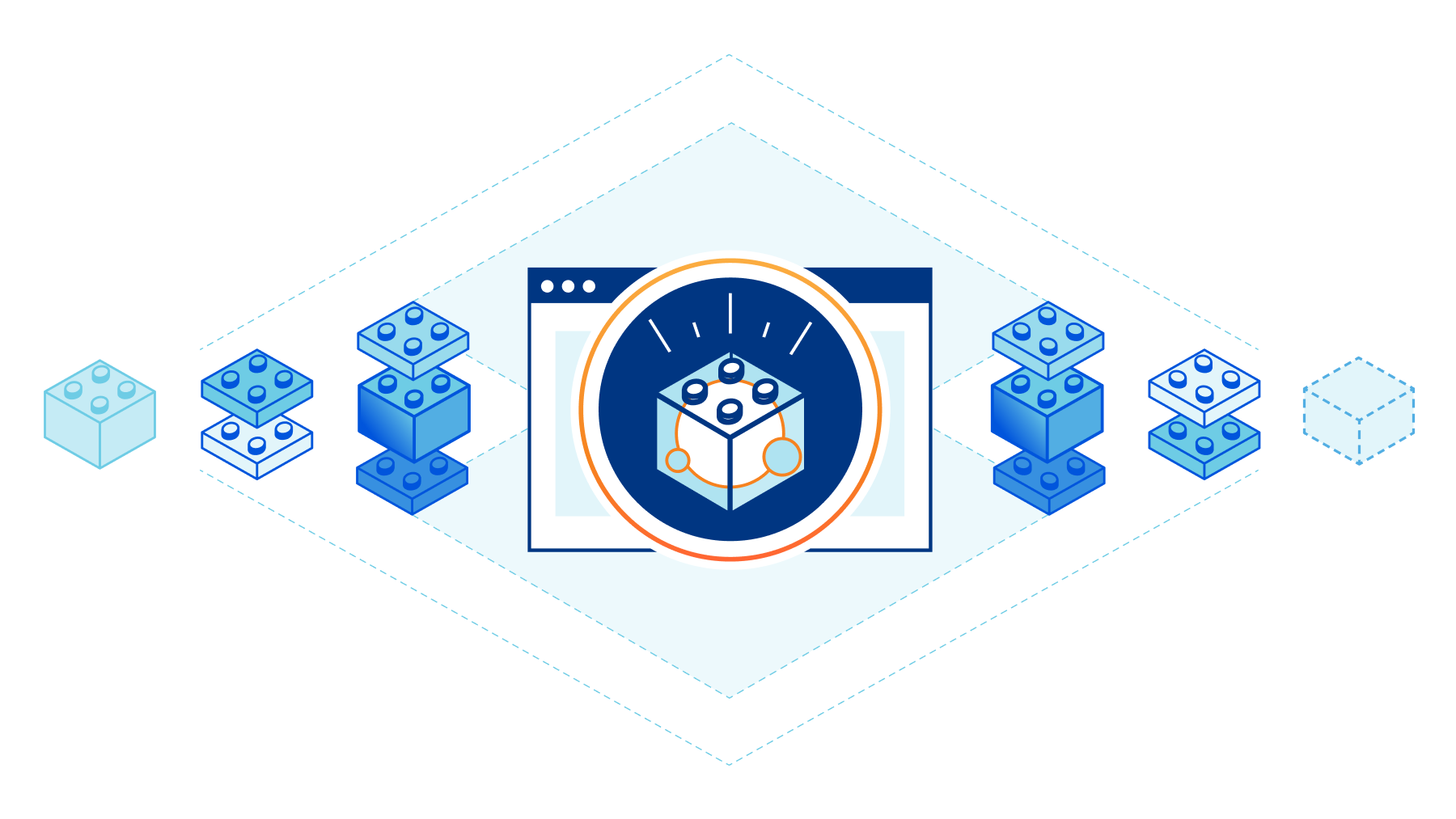
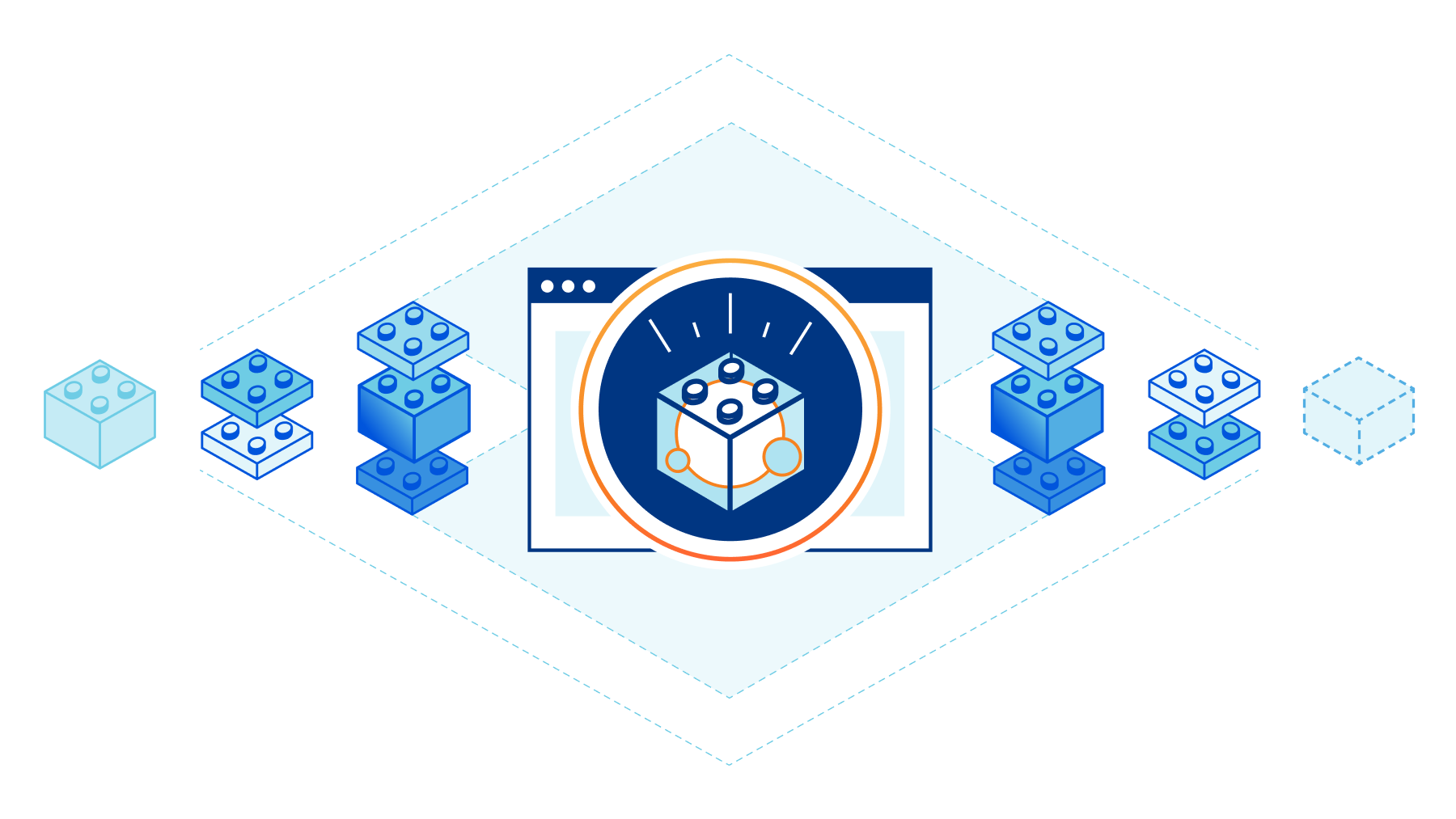
When it comes to privacy, much is in your control as a website owner. You decide what information to collect, how to transmit it, how to process it, and where to store it. If you care for the privacy of your users, you’re probably taking action to ensure that these steps are handled sensitively and carefully. If your website includes no third party tools at all - no analytics, no conversion pixels, no widgets, nothing at all - then it’s probably enough! But… If your website is one of the other 94% of the Internet, you have some third-party code running in it. Unfortunately, you probably can’t tell what exactly this code is doing.
Third-party tools are great. Your product team, marketing team, BI team - they’re all right when they say that these tools make a better website. Third-party tools can help you understand your users better, embed information such as maps, chat widgets, or measure and attribute conversions more accurately. The problem doesn’t lay with the tools themselves, but with the way they are implemented - third party scripts.
Third-party scripts are pieces of JavaScript that your website is loading, often from a remote web server. Those Continue reading


Managed Components are here to shake up the way third-party tools integrate with websites. Two months ago we announced that we’re open sourcing parts of the most innovative technologies behind Cloudflare Zaraz, making them accessible and usable to everyone online. Since then, we’ve been working hard to make sure that the code is well documented and all pieces are fun and easy to use. In this article, I want to show you how Managed Components can be useful for you right now, if you manage a website or if you’re building third-party tools. But before we dive in, let’s talk about the past.
For decades, if you wanted to add an analytics tool to your site, a chat widget, a conversion pixel or any other kind of tool – you needed to include an external script. That usually meant adding some code like this to your website:
<script src=”https://example.com/script.js”></script>
If you think about it – it’s a pretty terrible idea. Not only that you’re now asking the browser to connect to another server, fetch and execute more JavaScript code – you’re also completely giving up the control on your Continue reading


In early 2020, we sat down and tried thinking if there’s a way to load third-party tools on the Internet without slowing down websites, without making them less secure, and without sacrificing users’ privacy. In the evening, after scanning through thousands of websites, our answer was “well, sort of”. It seemed possible: many types of third-party tools are merely collecting information in the browser and then sending it to a remote server. We could theoretically figure out what it is that they’re collecting, and then instead just collect it once efficiently, and send it server-side to their servers, mimicking their data schema. If we do this, we can get rid of loading their JavaScript code inside websites completely. This means no more risk of malicious scripts, no more performance losses, and fewer privacy concerns.
But the answer wasn’t a definite “YES!” because we realized this is going to be very complicated. We looked into the network requests of major third-party scripts, and often it seemed cryptic. We set ourselves up for a lot of work, looking at the network requests made by tools and trying to figure out what they are doing – What is this parameter? When is Continue reading

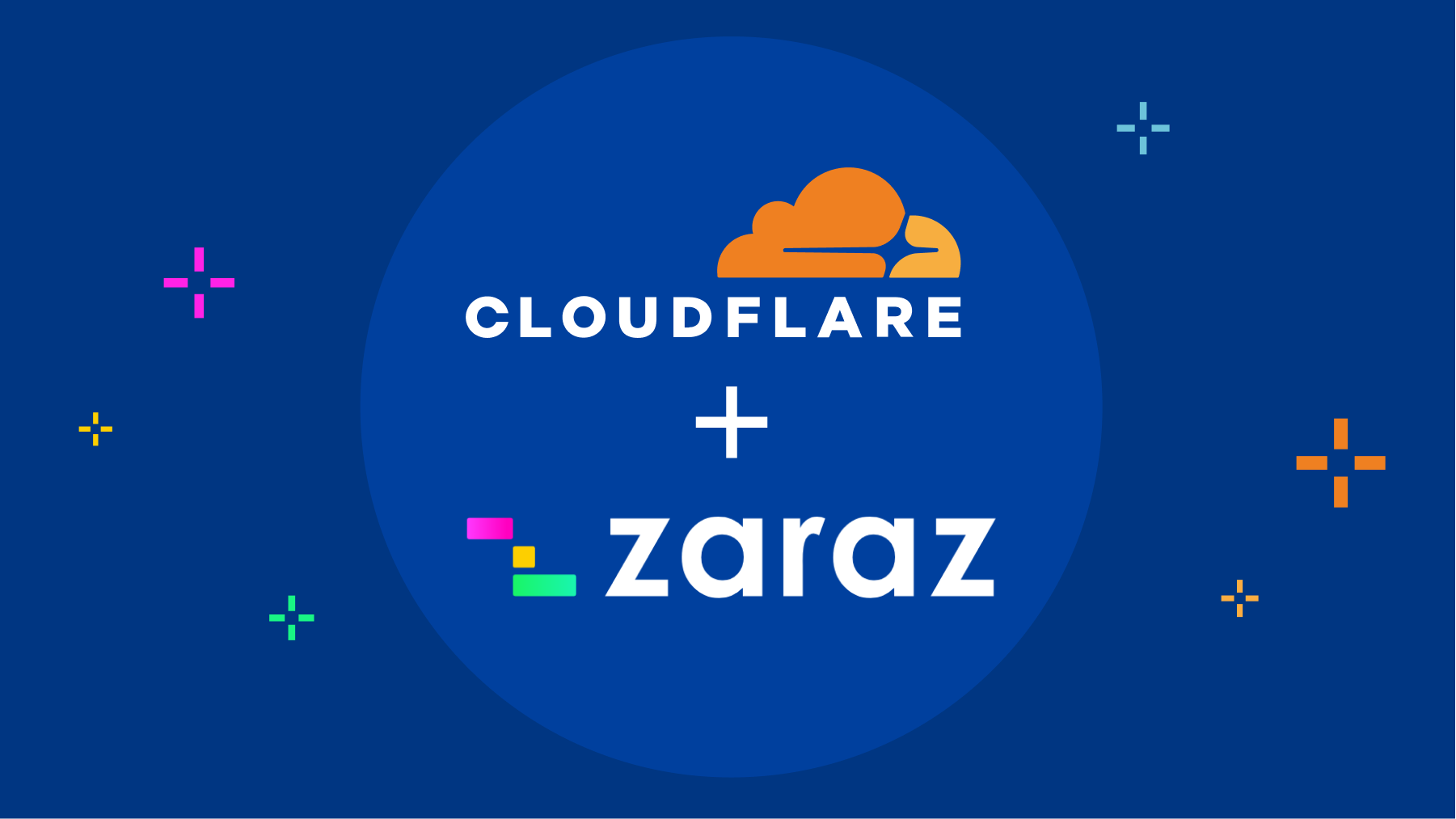
We decided to create Zaraz around the end of March 2020. We were working on another product when we noticed everyone was asking us about the performance impact of having many third-parties on their website. Third-party content is an important part of the majority of websites today, powering analytics, chatbots, conversion pixels, widgets — you name it. The definition of third-party is an asset, often JavaScript, hosted outside the primary site-user relationship, that is not under the direct control of the site owner but is present with ‘approval’. Yair wrote in detail about the process of measuring the impact of these third-party tools, and how we pivoted our startup, but I wanted to write about how we built Zaraz and what it actually does behind the scenes.
Third parties are great in that they let you integrate already-made solutions with your website, and you barely need to do any coding. Analytics? Just drop this code snippet. Chat widget? Just add this one. Third-party vendors will usually instruct you on how to add their tool, and from that point on things should just be working. Right? But when you add third-party code, it usually fetches even more code from remote Continue reading